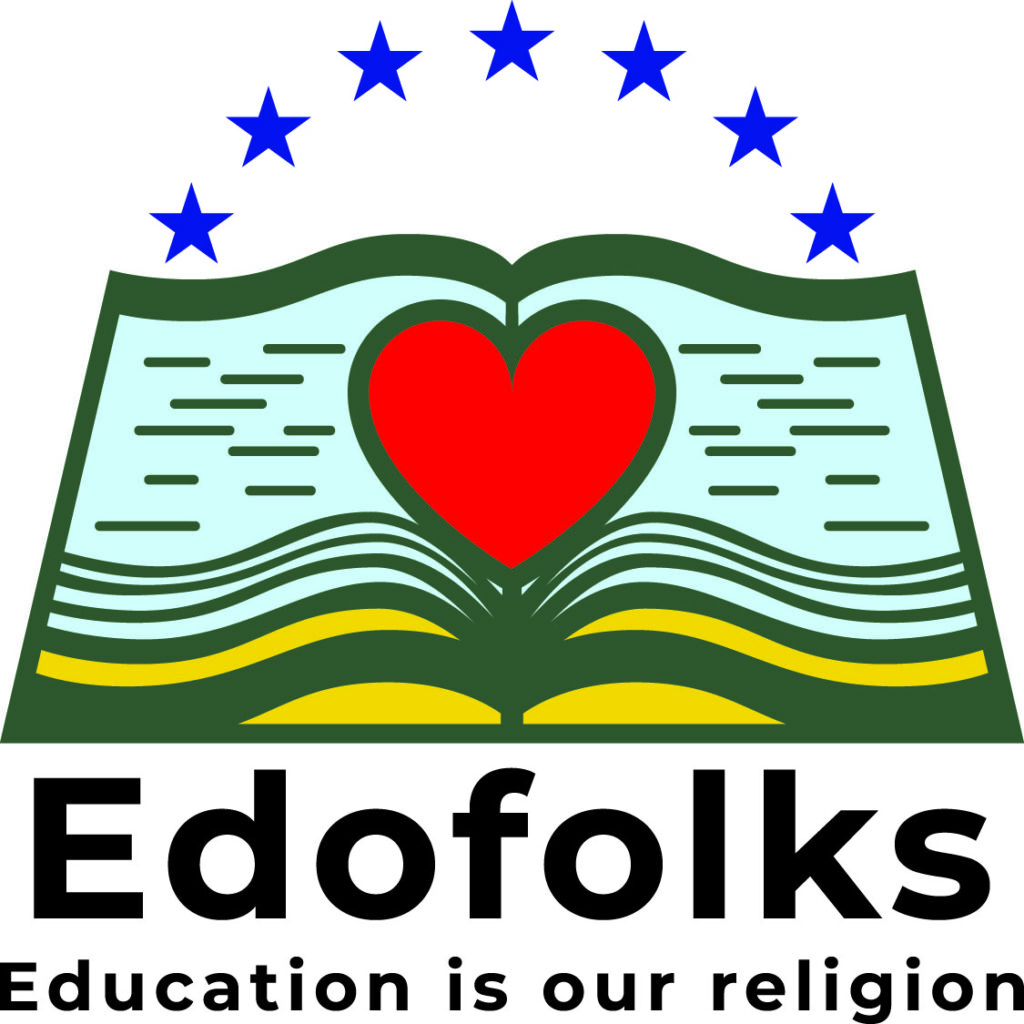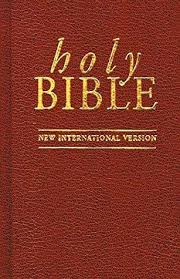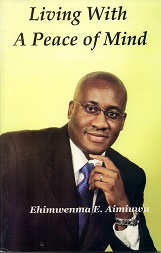
Every thing discussed so far is encapsulated in the Idu (Edo) Mysteries. Idu mystics are known as Oboihoi abbreviated generally as Obo. They say, ‘emwin agbon nat ’ole okhiokhi,’ meaning, events on earth move in cycles. They insist that ‘one should live for the benefit of other things.’
Idu Mystery priests or Oboihoi, are vast in miracles and magic. Initiation ceremonies still retain some of the ancient Egyptian enigma, such as the shaving of the head, and peculiarly include spending some days alone in the forest. No one returns from the sojourn and not be a changed personality. Initiates study several means of divination, the main ones being: Iha, Oguega and Ominigbon. All three divinities are repositories of the history, philosophy, culture and traditions of the Idu (Bini). The central figures, like in other mysteries with their saints, deities, and spiritual icons, include: Okhuaihe, Oravan, Ogun, Olokun, etc, who are intermediaries and can be imaged, unlike Osanobua who is imageless.
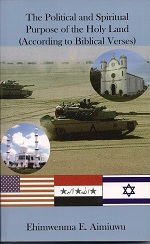
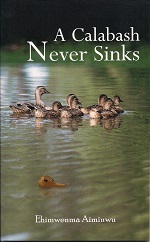
The divinities are oral, secretive and thrive on the words of wisdom from the obvious to the proverbial, the mystical to the esoteric. Both the Idu (Edo) and Egyptian Mysteries use myths, parables, proverbs, symbols, magic and numbers to conceal truth and knowledge from the non-initiate.
Iha, for instance, is a gigantic memory bank of words, ideas, anecdotes on all sorts of events on earth and under the heavens. No issue is too trivial to preserve, and the information bank’s subjects range from births to deaths of the lowly and the kings, wars, evolutions of great and small empires, nations, journeys, marriages, quarrels etc. Every incidence imaginable is carefully catalogued, itemized, and stored away, ready to be accessed by the trained mind at will. The knowledge bank is constantly being replenished and updated to make it ever fresh, relevant contemporary and comprehensive.
Initiates go through long, tedious periods of training where teaching is memorized rather than written down. Progress between grades is slow and laborious, subjecting initiates to memory and bodily ordeals and tests. Only the physically fit, tough, and determined, can last that long, complete the training and graduate. Many fall by the way side. Those who qualify, become Oboihoi, abbreviated as Obo. The mavens among them are gods in their own rights and can do anything.
The Idu people, like other Africans, have only one Osanobua and several intermediaries in form of saints, gods, deities, because Osanobua became remote to humans as a result of Emose’s sin. With pains and suffering on earth refusing to abate after Emose’s sin and Osanobua’s anger by taking the sky (therefore food), too far out of human reach, Idu people started praying for abundant rainfall and sunshine all year round to replace the droughts they were experiencing.
The intermediary gods and deities were expected to intercede on their behalf before Osanobua over the relentless suffering on earth, and Ogi‘uwu’s merciless execution of the mandate of death. At their individual, family, and community shrines, Idu people plead their cases through their individual ehi to the deities to take their pleas to Osanobua. After a while they began to feel that the response to their pleas was too slow or inadequate and began yearning for the opportunity to continue to visit heaven at will and plead directly before Osanobua as it was in the beginning. They felt they could maximize their chances by combining their efforts to reach Osanobua through their ehi and deities, with direct plea. This happened thousands of years before the Christian era.
In fact, the Christian creation ideas about Adam and Eve, the Garden of Eden, and the Son-of-God, appear to have been taken verbatim from the Idu (Edo) corpus. But the Idu (direct interaction concept) is superior to the Christian one because, while Christians rely on an intermediary or a Messiah to reach the Supreme God, Idu people go directly, collectively. They have a human saint too who died for their collective well-being, but they believe every human must account individually for his or her deeds. No Messiah can cleanse your sins for you because we each have our individual covenant with Osanobua through our ehi, on the day before our birth on earth.
NAIWU OSAHON Hon. Khu Mkuu (Leader, Pan-African Movement world-wide); Ameer Spiritual (Spiritual Prince) of the African race; MSc. (Salford); Dip.M.S; G.I.P.M; Dip. I.A (Liv.); D. Inst. M; G. Inst. M; G.I.W.M; A.M.N.I.M.
Awarded: Key to the City of Memphis, Tennessee, USA; Honourary Councilmanship, Memphis City Council; Honourary Citizenship, County of Shelby; Honourary Commissionership, County of Shelby, Tennessee and a silver trophy from Morehouse College, Atlanta, USA for his contributions to the unity and uplift of his race.

